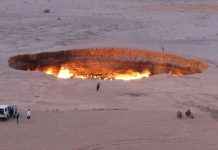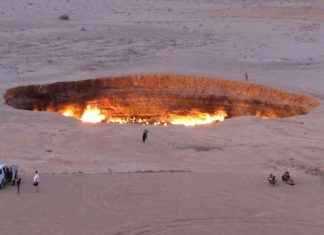Japan witnessed the assassination, almost 62 years ago, of Inejiro Atanuma, leader of the Socialist Party. It is the first political attack that has been fatal in Japan’s modern history. Otoya Yamaguchi was the killer. Although he was only 17 years old, Yamaguchi was already an ultra-rightist who was so sure of his ideas that he went up to Asanuma’s stage and repeatedly stabbed him with a wakizaki (a Japanese short saber).
In the six decades that have followed, the number of instances of political violence has been counted on both sides of the fingers. The high voltage at least. Eight registered attacks have resulted in victims being killed or seriously injured. Nearly all of the victims were attacked with knives. These cases, like Friday’s, that ended in the murder of Shinzo Abe (ex-Prime Minister) are rare. One reason is the difficulty of getting a gun in Japan where there are very few shootings. For example, last year, ten were counted, and eight were connected to the yakuza. One person was killed. This contrast is striking in comparison to other societies, such as the United States.
Their possession is strictly prohibited, except for air guns. There are only three armories that can obtain them in each of the 40 prefectures. All their material is under the control of authorities. Handguns cannot be sold by vendors. Customers must return any used or expired cartridges before buying new ones. It takes a long time to get a permit. The process to obtain a permit is lengthy. You must pass a training course, shoot tests, mental health tests, and an investigation in which family members and coworkers can be questioned. A criminal record can be erased. If contacts are made with radical or ideological groups, the same applies. The license expires after three years, and the whole process begins again.
Abe’s sudden death was a shock in a peaceful country with low crime rates. It has opened up the discussion on threats to crime, and the potential for political violence. We don’t know if the perpetrator of Abe’s death was paranoid.
According to the Washington Post, gun violence in Japan is a “very rare event.” Fumio Kirishida, the head of government, warned that it is necessary to take action to stop this phenomenon. President of Japan Trade Union Confederation Tomoko Yoshino expressed concern yesterday that violence during elections poses a serious threat to parliamentary democracy. While there are many political issues, the solution must be based upon honest political discussion at all levels of society.








